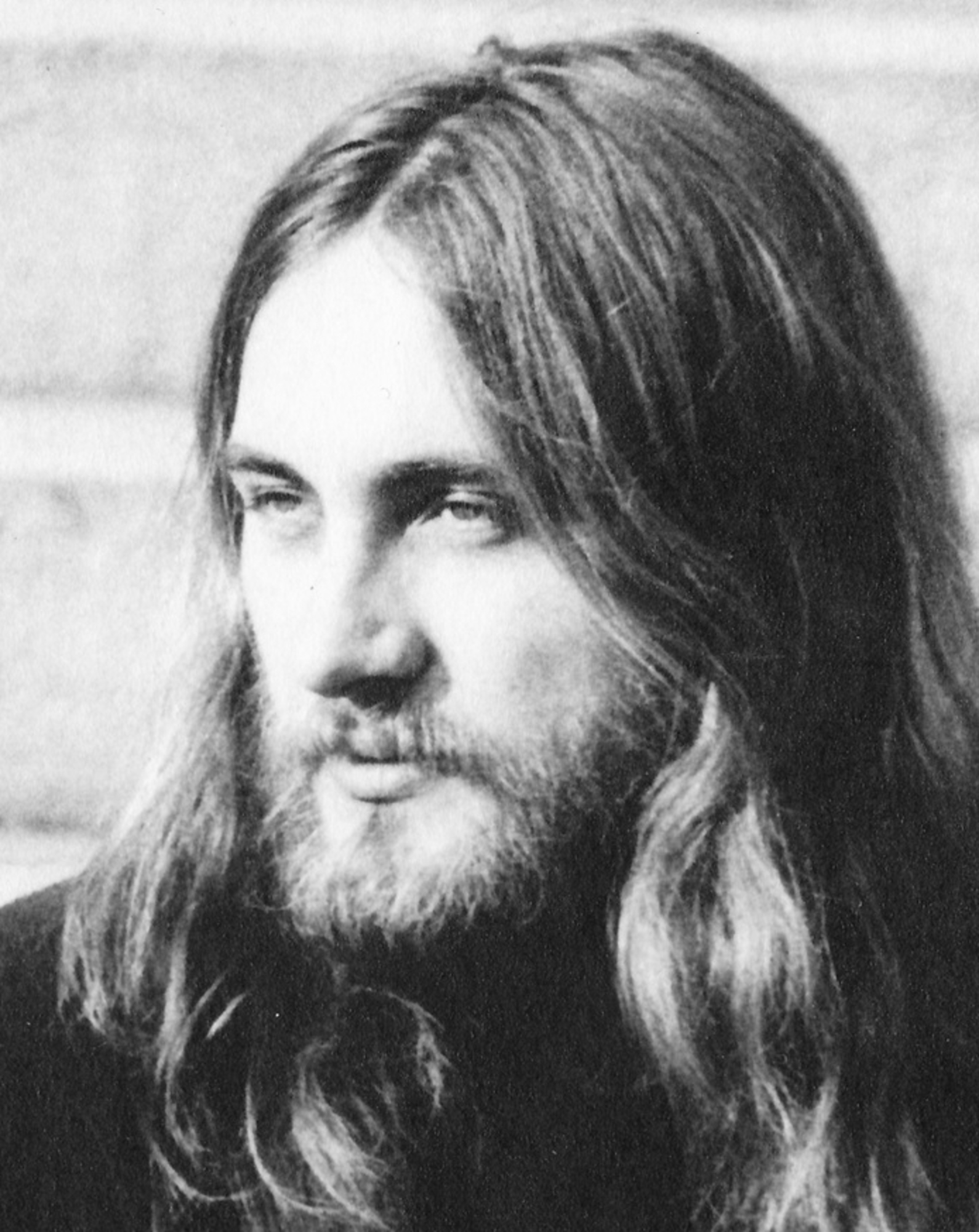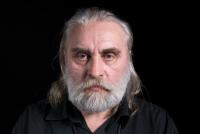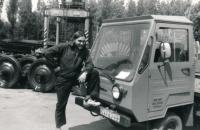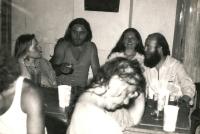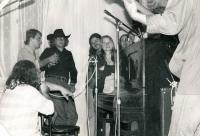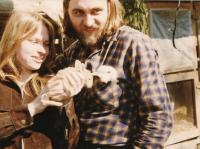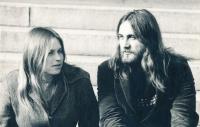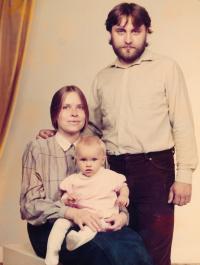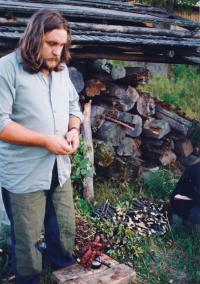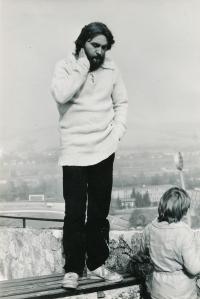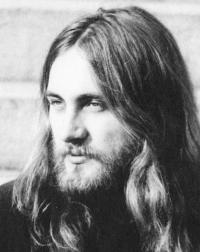I wanted to see what makes Ostrava Ostrava. It was the mines.
Miroslav Chudej was born on 29 March 1962 into a Catholic family in Turzovka, Slovakia. His father was a carpenter and his mother was a teacher. When Miroslav was two years old, the family moved to Ostrava to allow his father to obtain employment at VOKD. Miroslav began primary school in 1968, when the country was occupied by Soviet forces. After primary school he trained as an electrician; he tried a number of jobs, including a post at Czech Railways, but he was fired because he refused to join the Revolutionary Trade Union Movement. After this event, he began working at Petr Bezruč Mine, where he remained until his wedding in 1987. Miroslav Chudej participated in the alternative culture scene in Ostrava, he was actively took part in demonstrations in Brno and Prague, he published the magazine Pasivita (Passivity), and he was a member of the bands Vzhůru do dolů (Up Into the Mines) and Špinavý nádobí (Dirty Dishes). After the Velvet Revolution he joined the Civic Forum and founded his own business. He worked as an electrician until 2015.
